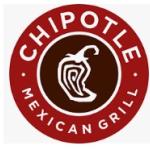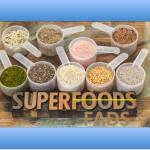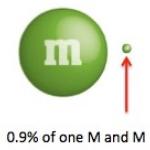I would have expected better from Dr. Scott Gottlieb, the head of the FDA. He is both sharp and knowledgeable. Which makes it even more astounding that the ban of 7 food additives (artificial flavors) could happen on his watch.
Food & Nutrition
One thing is for sure: the fast-food industry sure knows how to market its burgers, fries and breakfast sandwiches.
The marathon race has long been considered the ultimate test of human endurance. But the last few decades have seen growing numbers of runners regularly tackling distances exceeding the traditional marathon.
A few years ago I was giving a talk at an event along with Brent Smart, CEO of advertising giant Saatchi & Saatchi's headquarters in New York, who had managed their General Mills campaign prior to that.
If you do a Google search of "Oz superfoods" you will get more than 40,000 hits. The good doctor really likes superfoods. One small problem - there is no such thing, his self-serving proclamations notwithstanding.
This is an example of how a kernel of insight from a study evolves into a news item, which can then become a health concept that people can unwittingly incorporate into their personal exercise routines – for no good reason.
Armies are said to “move on their stomach,” and not too long ago that required plundering the local populace; not precisely the way to win hearts and minds.
Have you ever been out to dinner with a Nutrition Nazi, you know, one of those profoundly annoying people who scoff at your choice of food or beverage?
You're getting older. But you've been athletic – and you're determined to remain that way to stay healthy and ward off disease.












